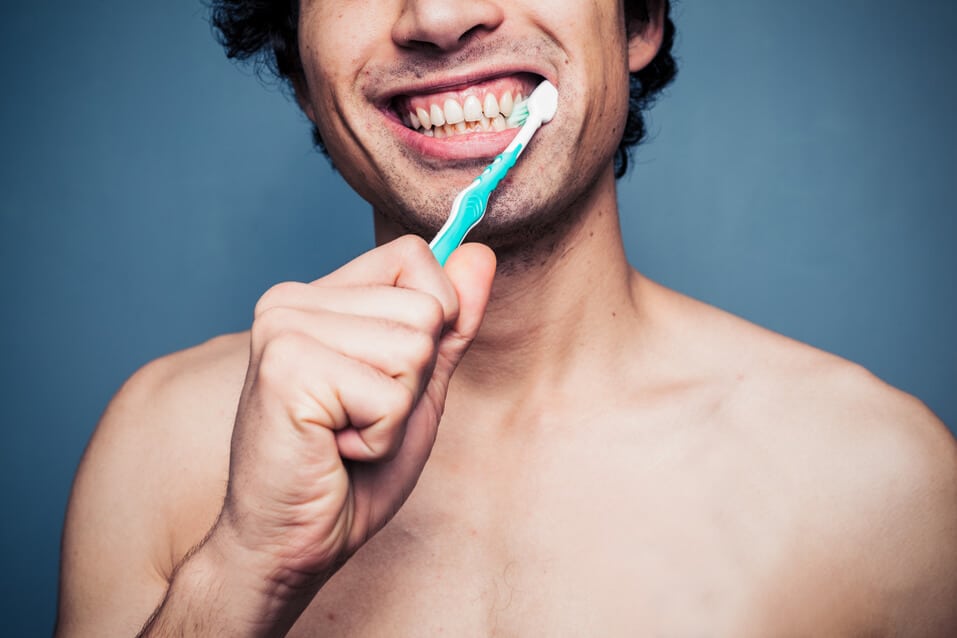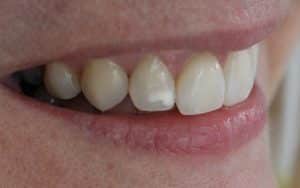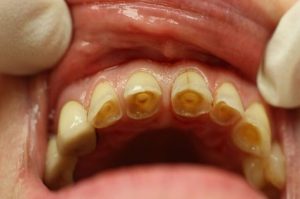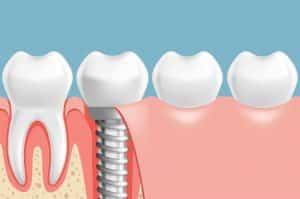
Almost everyone has experienced the discomfort and anguish of acid reflux and teeth, better known as GERD or indigestion, or heartburn. However, can something that starts in the stomach and affects digestion also cause tooth pain? Yes, acid reflux may affect your teeth and potentially cause irreparable damage to your pearly whites. In this article, we will see the relationship between acid reflux and teeth. So, let’s get right into it!
What is Acid Reflux?
Reflux is the name of action when stomach acid goes up to the esophagus.The relationship between acid reflux and teeth starts at this point. It might make you burp and give you a burning sensation in your chest. It frequently occurs after eating, especially large meals, chocolate consumption, or fizzy beverages consumption.
Acid Reflux and Teeth, It Can Damage Your Dental Health
Acid reflux, GER, GERD, heartburn, and indigestion all have similar symptoms and are frequently used interchangeably to refer to the same condition. Let’s all be on the same page and refer to it as acid reflux on this blog. When the stomach acids that break down food make their way up into the esophagus, this is known as acid reflux. A scorching, often painful sensation develops in the chest as a result. It can, however, alter the teeth.
One of the most serious issues for your Smile Team Turkey dentist is acid. It may quickly erode away at the tooth enamel’s super-strong protective coating, exposing teeth to disease and cavities. Acid reflux can cause irreparable or difficult-to-treat harm if not diagnosed early. Fillings, crowns, or bonding may be used to repair your teeth if your dentist detects the damage early.
What Are Reflux’s Long-Term Effects on My Teeth?
Acid reflux from the stomach into the esophagus can reach the mouth, causing acid erosion. When acidity is in continual contact with acid reflux and teeth, it can demineralize or remove layers from them, causing acid erosion. Acid reflux and teeth can cause a number of symptoms, all of which should be assessed by a dentist. You may notice dental sensitivity when the outer layers of your teeth begin to wear away. Especially while drinking hot or cold liquids.
By eating away at enamel and exposing more of your yellowish dentin, acid erosion can cause tooth discoloration. You may notice that your teeth are getting more translucent, or that they appear smaller or thinner than before. GERD sufferers may also have dry mouth, which enhances dental germs and plaque, resulting in a rise in cavities and decay.
How Can I Prevent Reflux to Damage My Teeth?
The relationship between acid reflux and teeth damage can be avoided by altering your oral health care practice. Including adequate fluoride in your daily routine can assist to keep your teeth as strong as possible. Quitting behaviors like smoking and consuming a lot of coffee or alcohol will help you avoid experiencing numerous acid reflux attacks. Chewing sugar-free gum might help boost saliva production if your medication makes your mouth dry.
It’s also critical that you see a doctor if you haven’t already. Getting a diagnosis and treatment for acid reflux and teeth might help you get rid of your symptoms. You may also get dental checkups at Smile Team Turkey to keep an eye on your teeth. We can detect the early indications of dental enamel degradation and intervene before the condition develops. Some dentists have advised individuals to get tested for acid reflux and teeth even if they had no idea they had it.
Early diagnosis is crucial, as it is with many dental issues. Make an appointment with your dentist twice a year for examinations and cleaning. So that any possible problems may be addressed early when success is more probable, and long-term harm can be avoided.
You can read our previous article from https://smileteamturkey.com/blog/psychological-effects-of-smiling-comfortably/.





